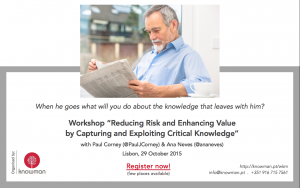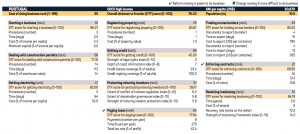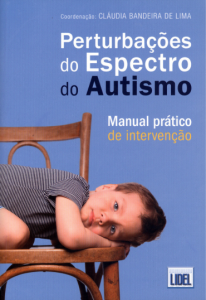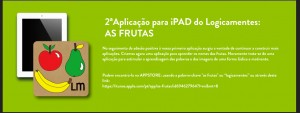The world is shrinking. At any given moment I know where many of my friends and colleagues are. Technological footprints are heavy and long lasting.
This week for example I see that Arthur Shelley is in Moscow with Ron Young at KM Russia, Donald Clark is in Belfast picking up an award, Phil Hill is getting fit (ter) in Thailand, Patrick Lambe is having breakfast in Lisboa. Gregga Baxter and his wife are supporters of WaterHealth in India.
Through cultivating personal networks I also know what’s happening this week in Khartoum, Tehran, Dubai and Harare. To many that may seem frivolous information; to others (including me) its valuable and if I don’t know then I know a man (or woman) who can. Let me illustrate the issue with a true story.
the art of network management
Many years ago I was charged with setting up the forerunner of a Knowledge Management function for a financial services business in the City of London. It struck me how badly senior officials shared diaries let alone knowledge about clients.
One day I was in the office of the Treasurer of the national oil company of a prosperous Middle East country. As I was about to leave he asked me to stay for the next meeting.
In came four suited bankers. My client took the lead introducing himself and me (as his Advisor). He then asked each one to introduce themselves. And to everyone’s surprise they were from different offices and areas of the same institution. They had all flown down on separate planes to see the same client.
The Treasurer said his diary was open to meetings with the institution but not multiple visits. They lost face not to mention the cost of the travel and opportunity cost.
So knowing what I did I came back to London and, with the support of the CEO, developed and introduced Visit Information Centre (VIC) which showed all visits to our organisation and all meetings outside of it. Embedded in the day to day workflow the aim was to maximise the valuable time our organisation spent with a client and make sure those in any meeting were briefed on the latest activity. Today this is or should be standard practice; then it involved a shift in mindset.
So fast forward to 12th December 16; its 2pm and I am having an exchange on Facebook with Patrick Lambe about Lisboa where he is spending a week. Concurrently I see that Ana Neves (founder and organisor of SocialNow and “Mrs KM” in Portugal) is online on Skype. I know Ana lives a mere 15 minutes train ride from where Patrick is spending the afternoon. I also know both of them well and believe they would benefit from meeting each other.
Using Messenger I hook them both up and they meet later that afternoon to discuss inter alia an idea I thought both might profit from.

Tea by the Tejo
I coined the phrase “Orchestrated Serendipity” to describe occurences such as this. I have also used the term “making correlations between seemingly unrelated pieces of information”.
In this example I have nothing potential to gain other than knowing that two people I like and respect are now acquainted so my network grows stronger.
Here’s an example of how one thing can lead to another.
an example of ‘Working out Loud’
A few weeks back out of the blue Martin White of Intranet Focus shared a draft white paper on Digital Workplace Governance with myself, James Robertson, Jane McConnell, Sam Marshall and a couple of others. His invitation, which left it up to us as to how we might respond, read:
Colleagues
The attachment is me working out loud on digital workplace governance on a Friday afternoon
Regards
Martin
Our approaches were different. Some came back immediately. Others took their time. Some used comments in Word, others rewrote paragraphs. As Martin said, “the responses always challenge your own thinking.”
I am sure John Stepper (who is widely credited with kicking off the Working out Loud movement) and Ana Silva who is a great proponent of it would be enthused.
Knowledge Matchmaking?
These two exchanges got me thinking about the way I work, the organisations I’ve worked for, the clients I’ve worked with and the networks I am involved in. I have never acted as an introductions broker seeking reward so do organisations and people see value in it?
Previously as a Senior Manager charged with developing new business, my ability to match a need with a solution was prized and rewarded even though the correlation was opaque to my bosses. More often than not the intuition paid off. But does the same apply today in a Knowledge Management environment where logarithms and Artificial Intelligence are making the correlations I used to make?
Perhaps more importantly do people in Knowledge Management have the time, the confidence and the knowledge of the business to be able to put forward ideas and broker connections?
If they do then here’s a few tips:
- You have to be in it to win it: if you sit on the sidelines this will never happen.
- Be willing to take a risk: yes you might fall flat on your face! But experience tells me that if you go the extra mile people will come back for more.
- Be willing to do this without expectation of reward: it’s always difficult to measure the impact in a world of KPI’s. You have to play a long game but be willing to cut if you feel you are being taken for a ride.
- Be willing to acknowledge the contribution of others: from personal experience I’ve found there is nothing worse than someone taking what you’ve suggested and packaging it without attribution. A photo is a great way of saying thank you!
- Build trust so people are willing to confide in you and trust your judgement: unless you are willing to find out about people and what they do you will never be able to make these connections.
- Be clear about why you are making the introduction or sharing Knowledge: I used to be in the cc camp that so many inhabit believing that by informing everyone I was covering all bases. People are too busy and ignore ‘junk mail’.
- Develop your internal filtering mechanism: you have to know your business and identify who is going to be a taker vs. a reciprocator.
- Respect the contribution people make if you ask for advice: whatever you get back from people is important. They have committed scarce time and each time you ask for a response you are drawing on your reserve of credibility.
- Develop a skin as thick as a Rhino: you will be disappointed when others don’t follow your lead and use the contacts or information without acknowledgement. And remember 90% of people online are lurkers so will not go public with their thanks.
And finally
To prove that this is a reciprocal situation. In August I attended an Improvisation event in Oxford. It wasn’t on my radar but Nancy White had posted a comment about it so based on her recommendation I decided to attend: As a Quid pro Quo I wrote up my experiences for the greater KM4Dev community.
If you want good reading on collaboration, Martin and Luis Suarez have been exchanging comments on a fascinating blog post from Luis: “Stop blaming the tools when collaboration fails”.

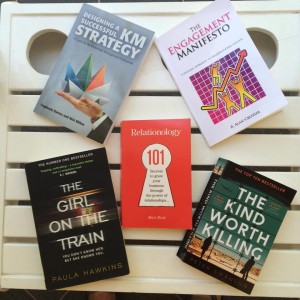 in constant anticipation and it kept my interest throughout. Great for a 5 hour plane ride.
in constant anticipation and it kept my interest throughout. Great for a 5 hour plane ride.
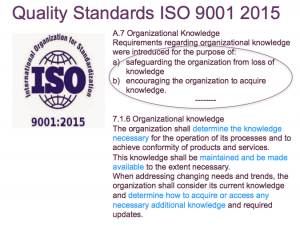
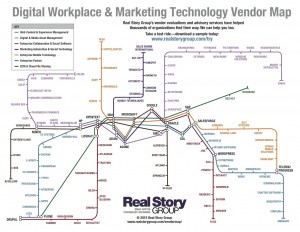 I was really taken by the closing Keynote from Tony Byrne of
I was really taken by the closing Keynote from Tony Byrne of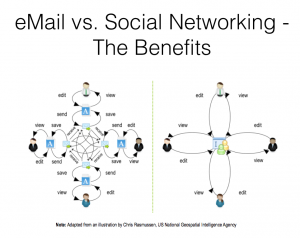 Luis ran the morning and I ran the afternoon. His method and justification for lowering email usage are compelling and I loved this slide that shows how a social networking platform can be a lot more efficient than using email.
Luis ran the morning and I ran the afternoon. His method and justification for lowering email usage are compelling and I loved this slide that shows how a social networking platform can be a lot more efficient than using email.